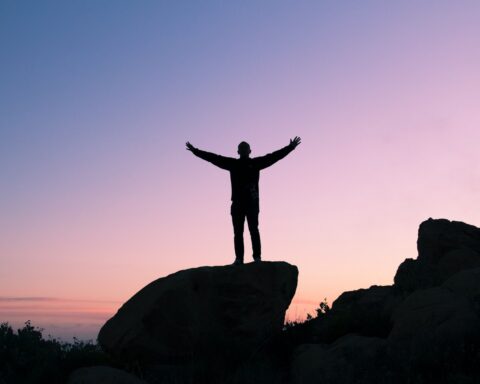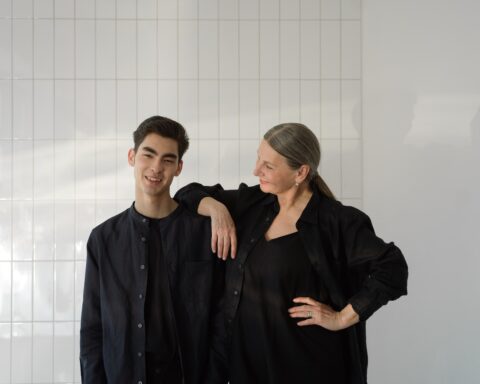LONDON (Parliament Politics Magazine)- Even though we spend a third of our lives sleeping, we don’t pay that much attention to it. That is changing. Employers are also integrating sleep tips and programs into their well-being policy, and this appears to be necessary. “Almost no one starts their working day fresh.”
We talk about it with Joke Adins, who as a coach specialises in energy and resilience. She not only has a practice, but also provides training in companies. “I notice that there is a lot of demand for training courses on sleep and nutrition in particular. They are always full very quickly,” says Adins. “The focus on sleep has slowly crept into the corporate world. The theme is increasingly on the agenda.”
Is sleep underestimated?
Adin: “Actually, yes. Sleep is a crucial factor in our 24-hour biorhythm, a rhythm that differs for everyone. Some are more tired in the evening than others, but can get up early without any problem. In addition, everyone has a certain sleep need that is somewhere between 7 and 8.5 hours. It’s hard to believe people who claim they get by with four hours of sleep.”
What’s another golden rule for sleep?
“Regularity is crucial. Often people do not respect their own sleep rhythm. And then they build up a sleep debt during the week that they have to make good on the weekend. Only your body is not so flexible to be able to make that difference in regularity. I sometimes also recommend a bedtime ritual, in which you do a number of actions just before going to sleep to put your body into sleep mode, such as taking a bath or lighting candles. If your alarm goes off in the morning, snoozing isn’t a good idea because you don’t respect your own sleep cycles.”
Why is the smartphone in the bedroom so bad?
“If you spend a lot of time on your smartphone before going to sleep, you are actually confusing your body. Because you disrupt the production of melatonin, the hormone that signals your body to prepare for sleep. Therefore, reading a book with a reading light focused on the book is much better.
Netflix also appears to be a culprit?
“Yes, but not so much for the light. Rather for the addiction of going from one episode in a series to another. It goes on and on, only this is very unnatural. Nature is cyclical and always has a stop and go. But in the digital age, everything goes on indefinitely. And we can’t handle that infinity, even if we think we can. When I ask the audience during my presentations who starts their working day fresh as a daisy in the morning, hardly anyone raises their hand.”
Sleep tips that open the eyes
Author Paul Van Den Bosch wrote down some useful sleep tips in his book.
- Avoid screen use and strenuous exercise during the last hours before bedtime.
- Provide a cool room temperature (18 °C), a good mattress, sufficient blackout and no noise nuisance.
- These three food categories limit your sleep: caffeine, alcohol and heavy, spicy food right before bedtime.
- Sleeping less than seven hours has an impact on our memory capacity.
It’s also a good idea to not take your laptop to your bed. Let work stay out of your sleeping space. Let your brain associate bed with sleep and function accordingly to put you in your dreams.






